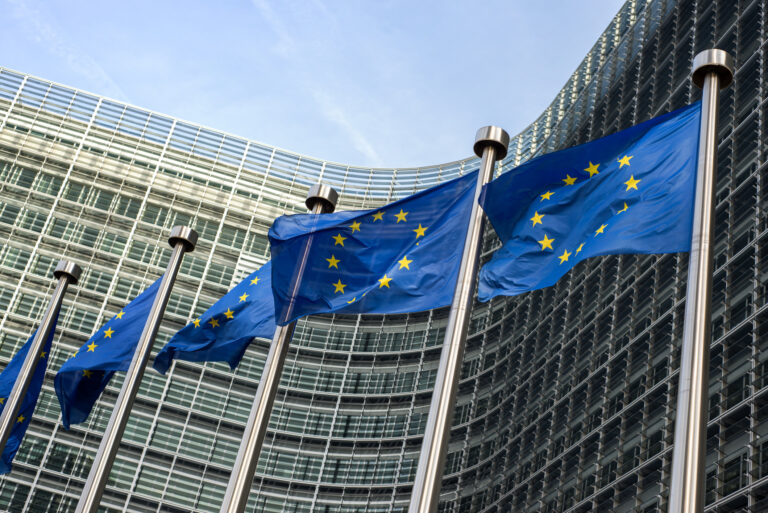Add to favorites:
Share:
The European Commission has launched a call titled "International cooperation: joint research and development with Korea (RIA)" under Horizon Europe Cluster 4, focusing on digital and emerging technologies. This initiative aims to bolster the EU-Republic of Korea Digital Partnership by fostering collaboration in quantum technologies, specifically in quantum communication, computing, simulation, and sensing. The call encourages joint EU-ROK proposals that integrate disciplines such as physics, engineering, computer science, cybersecurity, theory, algorithms, software, manufacturing, control, and infrastructures.
Key objectives include:
- Strengthening the European quantum ecosystem: Enhancing applications in academic, industrial, and relevant sectors for both the EU and ROK.
- Improving information and expertise exchange: Addressing societal challenges through quantum technologies.
- Sharing best practices: Deploying quantum technologies and integrating them with other technological advancements.
- Facilitating researcher and engineer exchanges: Providing mutual access to quantum infrastructures between the EU and ROK.
- Enhancing international cooperation: Developing a roadmap for future collaboration between EU and ROK quantum communities.
Proposals should focus on:
- Co-designing hardware and software: Accelerating quantum computing and simulation applications, ensuring platform interoperability, and advancing foundational quantum algorithms and architecture theories.
- Developing secure quantum communication protocols: Including quantum key distribution, device-independent protocols, quantum network architecture, and certification of quantum states.
- Creating application-specific quantum sensors: Addressing areas like device fabrication and characterization for navigation, imaging, biomedical applications, sensor control optimization, and advanced approaches.
Engagement with relevant standards development organizations is encouraged, with project beneficiaries participating in pertinent technical committees. Proposals should clearly outline the benefits of EU-ROK collaboration, aiming to elevate technology readiness levels through comprehensive engineering approaches involving public and/or private partners. Additionally, proposals should contribute to spreading excellence across Europe, for instance, by involving EU Widening Countries. Consortia must include entities from both the EU and ROK, adhering to the participation and funding rules of the Horizon Europe Framework Programme. A detailed collaboration plan, encompassing objectives, methodologies, and expected outcomes, is mandatory for all proposals.
Opening: 10 Jun 2025
Deadline(s): 13 Nov 2025
Data provided by Sciencebusiness.net
This funding opportunity represents a pre-agreed draft that has not yet been officially approved by the European Commission. The final, approved version is expected to be published in the first quarter of 2025. This draft is provided for informational purposes and may be used to preliminarily form consortia and develop project ideas, but it is offered without any guarantees or warranties.
Expected Outcome
- Strengthened European quantum ecosystem, enhancing applications in academic, industrial, and relevant sectors for the EU and ROK.
- Improved exchange of information and expertise to tackle societal challenges utilizing quantum technologies.
- Shared best practices in deploying quantum technologies and integrating them with other technologies.
- Facilitated researcher and engineer exchanges between the EU and ROK for mutual access to quantum infrastructures.
- Enhanced international cooperation between the EU and ROK quantum communities, with a roadmap for future collaboration in targeted areas.
Scope
- Address quantum technology challenges in quantum communication, computing, simulation, and sensing.
- Identify added value and mutual benefits for both EU and Korean partners.
- Integrate various disciplines: physics, engineering, computer science, cybersecurity, theory, algorithms, software, manufacturing, control, infrastructures.
- Co-design hardware and software to accelerate quantum computing and simulation applications.
- Develop secure quantum communication protocols, including quantum key distribution and device-independent protocols.
- Create application-specific quantum sensors for navigation, imaging, biomedical applications, etc.
- Link to activities of relevant standards development organizations.
- Clearly define the benefit of EU-ROK collaboration.
- Contribute to spreading excellence across Europe, e.g., through involvement of EU Widening Countries.

